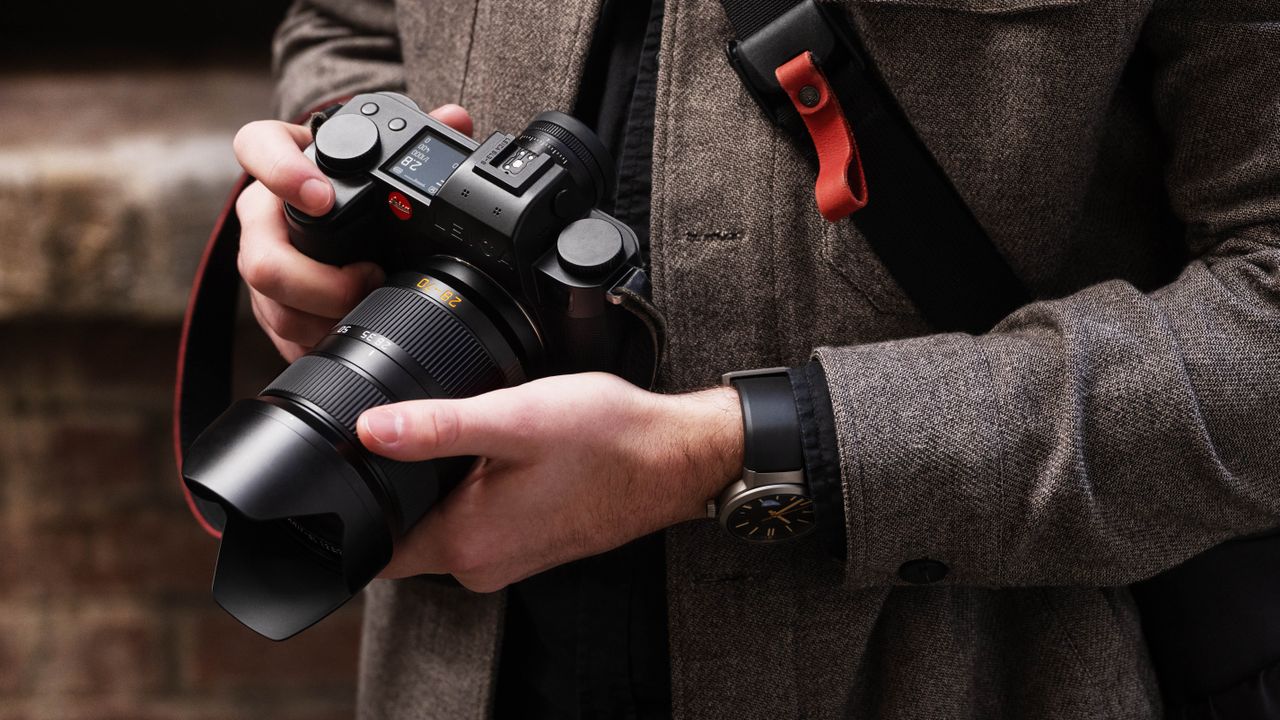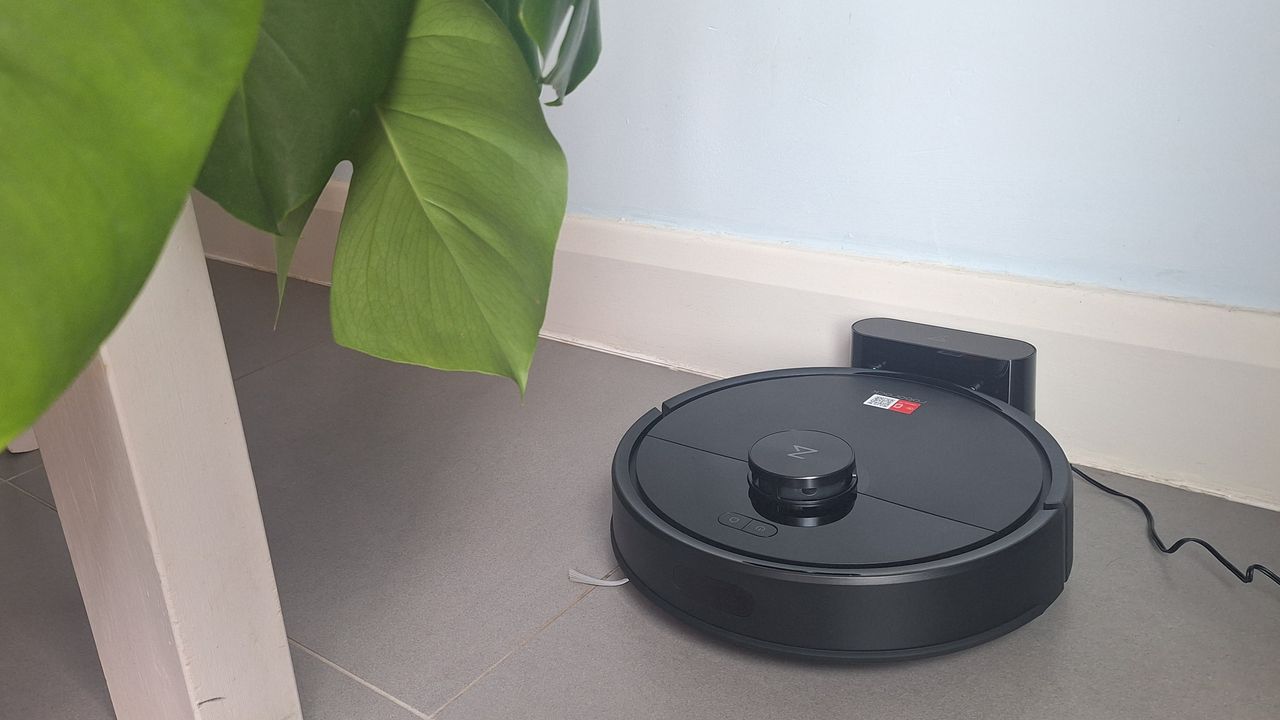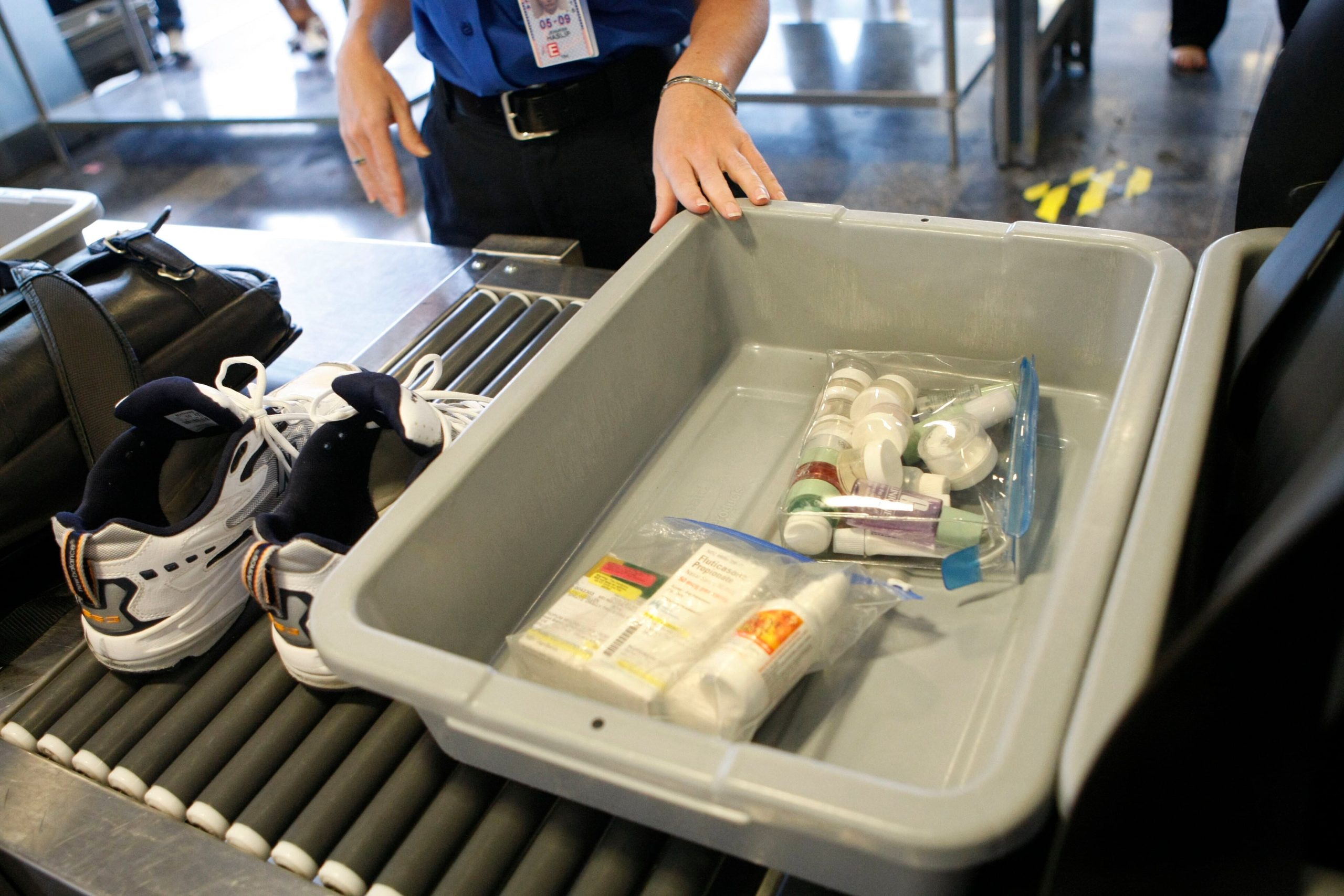
Clarity’s $203M Raise Fuels Share Surge

Clarity Pharmaceuticals Secures $203 Million in Institutional Placement
Clarity Pharmaceuticals (ASX:CU6), a radiopharmaceutical company, has announced a successful $203 million institutional placement. The placement was priced at a 15% premium to the company’s 15-day average price, which has reportedly surprised investors and short sellers alike, who hold nearly 10% of the company’s register.
According to Clarity’s Executive Chairman, Dr. Alan Taylor, the placement was “fast, well executed and sizeable” and involved a small group of local institutional investors closely associated with the company. The shares did not enter a trading halt.
The placement was priced at $4.20 per share, representing a 2.2% premium to the previous closing price and an 18% premium to the 15-day weighted average price.
Dr. Taylor attributed the raising to a turbulent period influenced by US politics and recent setbacks in the local biotech sector. Clarity’s inclusion in the ASX200 in December increased the company’s visibility, but it also contributed to short selling activity. The rise in Clarity’s share price may prompt these investors to buy back stock to cover their positions.
The capital raising leaves Clarity with $288 million in cash, which will be used to fund the company’s clinical trials, including two Phase III prostate cancer imaging trials, Amplify and Clarify. These trials are aimed at securing US Food & Drug Administration (FDA) registration. Amplify is focused on patients experiencing biochemical recurrence after treatment, while Clarify targets those undergoing prostate removal. Both trials are open-label and single-arm.
Clarity is also conducting the Co-PSMA trial, which compares its diagnostic tool with standard methods. Initial data from this trial is expected before the end of the year, with Amplify and Clarify data readouts anticipated next year.
Clarity was listed in August 2021, raising $92 million at $1.40 per share. In April of the following year, the company raised an additional $121 million through a rights issue and placement at $2.55 per share. This latest capital raising is among the largest in biotech history since Mesoblast’s $260 million placement.
Imricor Anticipates US Approval for Ablation Catheter
Imricor Medical Systems (ASX:IMR) is optimistic about receiving US approval for its MRI-guided ablation catheter within the year. This device is unique because it is guided by magnetic resonance imaging (MRI) rather than x-ray fluoroscopy.
Imricor is pursuing approval through a staggered, modular process. The second module is currently under review, and the company anticipates submitting the third module in the December quarter.
The company expects a series of 510(k) product submissions and approvals this year, which they believe will accelerate the commercial launch across the US.
In the March quarter, European regulators approved Vision-MR, an updated catheter for type 1 atrial flutter, under the European Union’s Medical Devices Regulation. In the June quarter, they also approved Advantage-MR, which enables physicians to use a recording system and cardiac stimulator during ablation procedures.
European regulators have also approved Northstar, an MRI-native 3D mapping and guidance system. Despite June quarter receipts of US$85,000, Imricor has not yet commenced significant sales in Europe. The company’s June quarter outflows amounted to US$4.43 million, leaving it with US$50.3 million in cash on hand. Sales are expected to increase this quarter.
Artrya Eyes US Revenue with AI-Powered Plaque Detection
Artrya (ASX:AYA) anticipates its first US subscription revenue from its Salix coronary plaque detection platform, powered by artificial intelligence (AI), this quarter. Salix uses an algorithm to detect plaque deposits on x-ray coronary computed tomography angiograph (CCTA) images.
Vulnerable plaque is a leading cause of heart attacks, but it is not routinely reported in cardiac imaging and diagnostics because it can be difficult to detect visually in traditional images.
In March, the FDA approved Salix Coronary Anatomy (SCA), and Artrya is now seeking approval for Salix Coronary Plaque (SCP), which will expand the platform’s ability to detect and quantify coronary arterial plaque in patients who have undergone a coronary CT angiogram. The SCP module will integrate with SCA.
SCA is already being trialled and used clinically by Artrya’s customers and partners, generating $8,000 in receipts during the quarter. Earlier this month, Artrya signed its first commercial deal, a five-year, minimum $600,000 contract with Tanner Health. Artrya spent $5.44 million during the quarter, leaving it with $11.3 million in cash. The company expects to receive a $4.5-5 million R&D tax refund by the end of the year.
Botanix Reports Substantial Revenue Growth
Botanix Pharmaceuticals (ASX:BOT) reported net revenue of $4.3 million from US sales of Sofdra, a treatment for excessive sweating, compared to $700,000 in the previous quarter. The drug was launched in the US during the March quarter.
Doctors wrote 7,053 prescriptions during the quarter, a 324% increase from 2,975 in the March period. The number of prescribers rose by 11%, from 1,075 to 2,316.
The company spent $28.4 million during the period, leaving it with $64.9 million in cash.
Lumos Outlines US Market Potential for Diagnostic Tool
Lumos Diagnostics (ASX:LDX) anticipates its Febridx virus-versus-bacterial diagnostic tool to reach eight million US patients within three years through its distribution agreement with Phase Scientific.
Announced in July, the deal includes an immediate payment of US$2 million and a potential total of US$317 million over six years.
Lumos projects a total addressable market of 80 million patients with acute respiratory infections, assuming the FDA grants a CLIA waiver. The company expects to capture 2% to 3% of that market in years two to three, increasing to 10% in year six.
CLIA (Clinical Laboratories Improvement Act) requires hospitals and labs to operate under government accreditation. An exemption from CLIA would allow parties such as GPs and medical assistants to perform low-complexity lateral-flow assays.
In financial terms, the market increases tenfold, to US$1 billion per year. Lumos is conducting a trial to support its FDA application and has recruited nearly 120 of the required bacterial-positive patients. Phase will pay Lumos an additional US$1.5 million upon CLIA application, expected next month, and another US$5 million upon FDA approval. The remaining US$308 million over years three to six is based on minimum order volumes.
Lumos shares surged following the Phase announcement and have maintained those gains.






